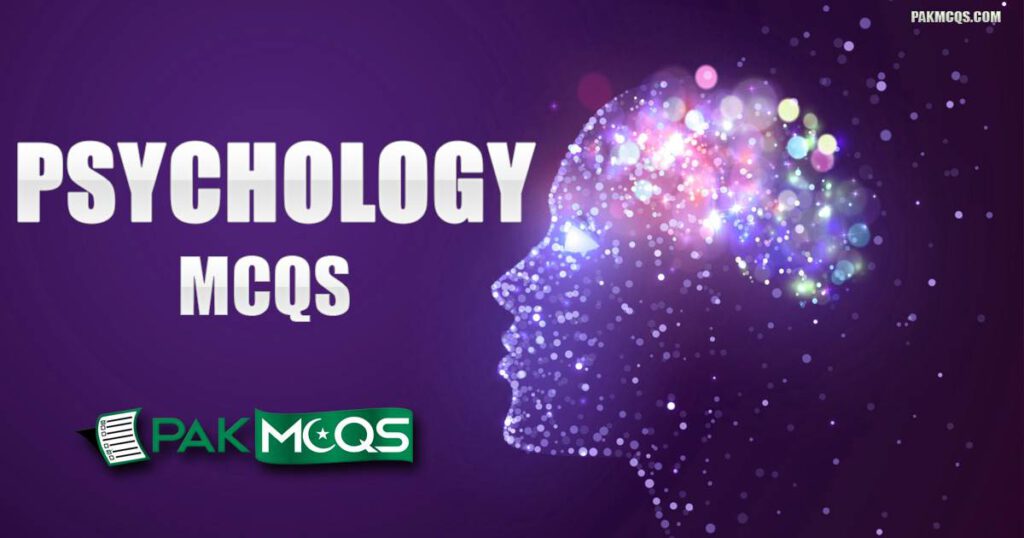A. confusion of fantasy and reality
B. antisocial conduct
C. overwhelming anxiety
D. obsessive behavior
Psychology Mcqs
Psychology Mcqs for Preparation – These Multiple Choice Questions are important for Lecturer Psychology, Clinical psychologist, Counselling psychologist, Educational psychologist and Forensic psychologist Jobs tests. Psychology Mcqs questions are very important for all type of exams conducted by Fpsc, Nts, Kppsc, Ppsc, Spsc, Bpsc, Ots, Uts, Pts, Cts, Ats, etea and other testing agencies of Pakistan.
| PSYCHOLOGY MCQS | |||
|---|---|---|---|
| 1. Introduction to Psychology | 2. Emotions | ||
| 3. Therapy | 4. Memory | ||
| 5. Intelligence | 6. Infancy And Childhood | ||
| 7. Health Psychology | 8. Forensic Psychology | ||
| 9. Branches of Psychology | 10. Attitudes, Attributions And Social Cognition | ||
| 11. Adolescence And Adulthood | 12. Abnormal Psychology | ||
| 13. Social Psychology | 14. Sensation And Perception | ||
| 15. Research Methods | 16. Psychology Theories | ||
| 17. Psychological Disorders and their Treatment | 18. Personality | ||
| 19. Organizational Psychology | 20. Nervous System | ||
| 21. Motivation | 22. Methods and Approaches | ||
| 23. Methodology | 24. Major Thinkers in Psychology | ||
| 25. Learning | 26. Language And Thought | ||
| 27. Interpersonal Relations And Group Processes | 28. Industrial Psychology | ||
| 29. Educational Psychology | 30. Developmental Psychology | ||
| 31. Criminal Psychology | 32. Coordination | ||
| 33. Cognitive Psychology | 34. Biological Foundations of Behavior | ||
| 35. Miscellaneous Psychology | 36. | ||
A. psychoanalysis
B. client – centered therapy
C. stress inoculation training
D. aversive conditioning
A. transference
B. counterconditioning
C. unconditional positive regard
D. the placebo effect
A. Xanax
B. Prozac
C. Thorazine
D. Ativan
A. suggest interpretive insights regarding patients’ difficulties
B. help patients identify a hierarchy of anxiety – arousing experiences
C. associate patients’ undesirable behaviors with unpleasant consequences
D. recommend the use of antipsychotic drugs during the process of antipsychotherapy
A. transference
B. resistance to therapy
C. free association
D. displacement
A. psychoanalysis
B. behavior modification
C. cognitive evaluation
D. clarification
A. a result of sudden insight about some childhood experience
B. a sign of an impending psychosis
C. a result of free association
D. a result of transference
A. systematic desensitization
B. psychoanalysis
C. EMDR
D. a token economy
A. B. F. Skinner
B. Sigmund Freud
C. Carl Rogers
D. Ivan Pavlov


